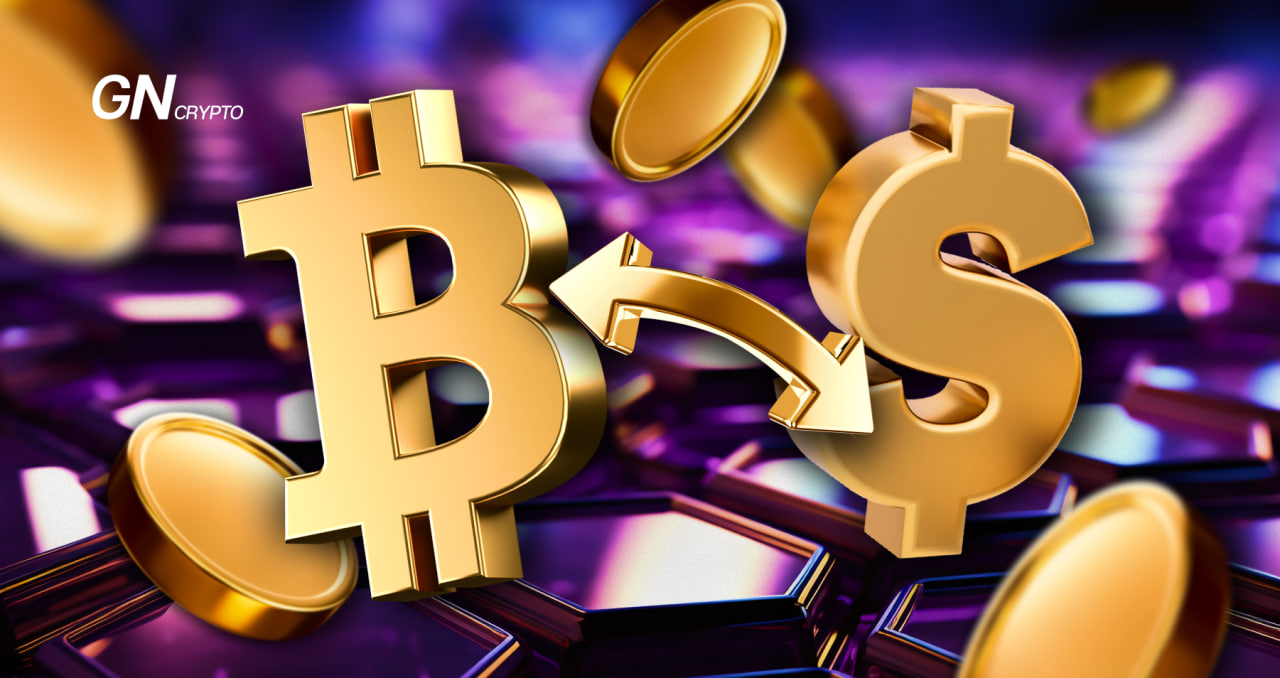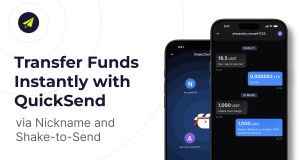What is Fungibility?

Fungibility is a crucial characteristic of an asset, enabling it to be exchanged or replaced with another identical item of the same value. This property is essential for using assets as a medium of exchange or in lending, ensuring uniformity in value across all units.
On this page
Currency is a prime example of a fungible asset in traditional finance. Whether it's $100 earned or spent, its value remains consistent, and it can be exchanged for another $100 or goods of equivalent value. This concept also extends to other assets like gold, silver, stocks, and most cryptocurrencies.
A key aspect of fungibility is divisibility, which allows an asset to be split into smaller units while retaining its cumulative value. In the conventional financial system, this is achieved through various denominations of currency, while in the blockchain space, Bitcoin demonstrates this through its UTXO (Unspent Transaction Output) model.
Examples of Fungible Assets
People interact with fungible assets daily, often without conscious recognition. Converting cash into groceries, fuel, or a cup of coffee are everyday examples of exchanging fungible assets.
Fungible Assets. Source: wallstreetmojo.com
Other notable examples include:
- Stocks: Shares of a company purchased from any broker hold the same value, regardless of the point of purchase.
- Precious Metals: Gold of a specific purity has a consistent value, dictated by its weight, whether mined in Canada or the USA.
- Cryptocurrency: Most digital assets, such as ETH, whether stored in a Metamask wallet or traded on a centralized exchange like WhiteBIT, are fungible, maintaining a consistent value.
In the realm of cryptocurrencies, fungibility is achieved through the uniform deployment of tokens on a single blockchain or adherence to standard protocols like ERC-20 on Ethereum. These tokens are exchanged based on their liquidity (buying or selling ability) and market value.
Limitations to Cryptocurrency Fungibility
Fungibility in cryptocurrencies implies the ability to exchange any given asset without regard to its unique history. Whether a token was earned through staking, an airdrop, or other means, it should ideally be exchangeable for another of the same type and value.
With traditional assets like gold or cash, this is usually straightforward, except in cases like specifically marked stolen bank money. You typically don't know the history of a $100 bill before it enters your wallet – whether it was used for good or bad – and you accept it without question as a change or payment.
Cryptocurrencies operate with inherent transparency. From the inception of the network, every transaction is recorded on the blockchain, allowing anyone to access details including:
- The sender and receiver
- The amount and date of the transaction
In such a system, the community or key validators can reject tokens linked to illicit activities.
An instance occurred in November 2023. Bitcoin developer 0xB10C reported the omission of 6 transactions from blocks under OFAC (Office of Foreign Assets Control) sanctions. He deduced that 4 were filtered by the F2Pool mining pool, while the remaining 2 by ViaBTC and Foundry USA.
Although this didn’t disrupt blockchain operations, it underscores that not all fungible tokens might be exchangeable. While this can be good (deterring criminals from using blockchain for illegal activities), it also raises concerns about potential centralization.
Fungibility vs. Liquidity
Often, fungibility is mistaken for liquidity. Let's clarify each concept.
- Fungibility: The property of an asset to be interchangeable with another of identical type and value.
- Liquidity: The ease with which an asset can be quickly bought or sold without significantly impacting its price.
Bitcoin, for example, is both fungible and liquid. A Bitcoin mined in the first block is exchangeable for one mined later. Its daily trade volume of 670,000 BTC indicates its ease of transaction.
Final Words
If cryptocurrencies lose fungibility, their effectiveness as a medium of exchange is diminished. This could further complicate the difficult path to widespread adoption and pose challenges for digital currency payment services.
To combat transaction censorship and filtering in blockchain, specialized solutions offering enhanced anonymity are employed. These include zero-knowledge proof technologies such as zk-STARK and zk-SNARK, used by projects like Zcash and Monero.
The content on The Coinomist is for informational purposes only and should not be interpreted as financial advice. While we strive to provide accurate and up-to-date information, we do not guarantee the accuracy, completeness, or reliability of any content. Neither we accept liability for any errors or omissions in the information provided or for any financial losses incurred as a result of relying on this information. Actions based on this content are at your own risk. Always do your own research and consult a professional. See our Terms, Privacy Policy, and Disclaimers for more details.


























